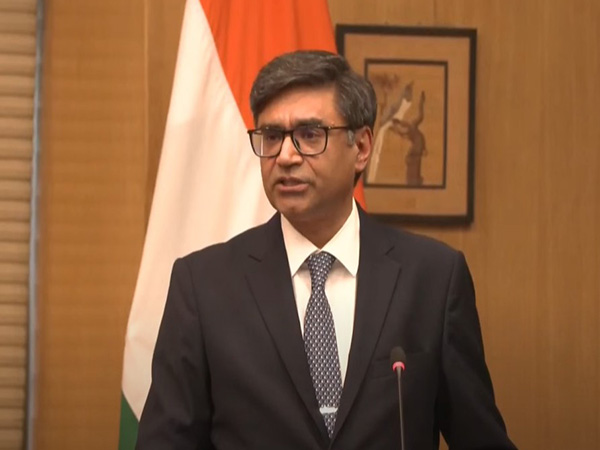Foreign Secretary Vikram Misri on Thursday emphasized that Pakistan had repeatedly violated the Indus Water Treaty by deliberately creating “legal roadblocks” over the years. He stated that it was a testament to India’s patience that it had adhered to the treaty for the last 65 years.
Addressing a press briefing, Misri said India had consistently tried to engage in negotiations to discuss modifications to the treaty.
“For the last 2.5 years, India has been in communication with the Government of Pakistan. We have sent several notices requesting negotiations to discuss modifications to the treaty. India has honored the treaty for more than six decades, even during periods when Pakistan imposed multiple wars on us. Pakistan, on the other hand, has repeatedly violated the treaty by deliberately creating legal roadblocks to prevent India from exercising its legitimate rights over the western rivers. It is India’s patience that we continued adhering to the treaty for the last 65 years, even after so many provocations,” Misri said.
He also pointed out that demographic shifts, climate change, and terrorism have significantly hindered India’s ability to fully utilize its rights under the treaty.
“There have been demographic changes and climate changes; there is an imperative for clean energy. And, of course, the terrorism that Pakistan has inflicted in the state of Jammu and Kashmir has further hampered India’s ability to exercise its rights under the treaty,” he noted.
Misri added that Pakistan’s consistent refusal to engage in dialogue has further undermined the treaty.
“Pakistan’s persistent refusal to respond to our requests for government-to-government negotiations on the treaty’s modification is, in itself, a violation of the treaty. Therefore, India has taken the step of putting the treaty in abeyance until Pakistan irrevocably renounces its support for cross-border terrorism,” he stated.
India’s decision to suspend its adherence to the Indus Waters Treaty of 1960 follows the Pahalgam terror attack in which 26 people were killed. The treaty, signed in 1960, allocates the western rivers (Indus, Jhelum, Chenab) to Pakistan and the eastern rivers (Ravi, Beas, Sutlej) to India. While each country has exclusive rights over its allocated rivers, the treaty does permit certain uses of the rivers by the other side. Under the agreement, India is allowed to use 20 percent of the water from the Indus river system, while the remaining 80 percent is allocated to Pakistan.
ANI














